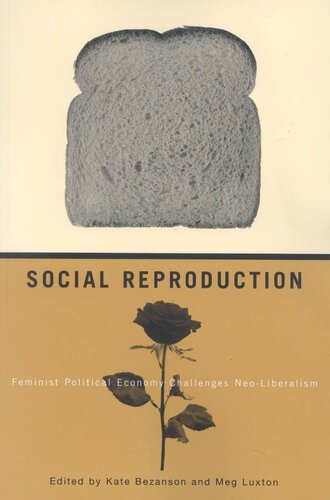

Most ebook files are in PDF format, so you can easily read them using various software such as Foxit Reader or directly on the Google Chrome browser.
Some ebook files are released by publishers in other formats such as .awz, .mobi, .epub, .fb2, etc. You may need to install specific software to read these formats on mobile/PC, such as Calibre.
Please read the tutorial at this link: https://ebookbell.com/faq
We offer FREE conversion to the popular formats you request; however, this may take some time. Therefore, right after payment, please email us, and we will try to provide the service as quickly as possible.
For some exceptional file formats or broken links (if any), please refrain from opening any disputes. Instead, email us first, and we will try to assist within a maximum of 6 hours.
EbookBell Team

5.0
38 reviewsUsing a feminist political economy approach, contributors document the impact of current socio-economic policies on states, markets, households, and communities. Relying on impressive empirical research, they argue that women bear the costs of and responsibility for care-giving and show that the theoretical framework provided by feminist analyses of social reproduction not only corrects the gender-blindness of most economic theories but suggests an alternative that places care-giving at its centre. In this illuminating study, they challenge feminist scholars to re-engage with materialism and political economy to engage with feminism.